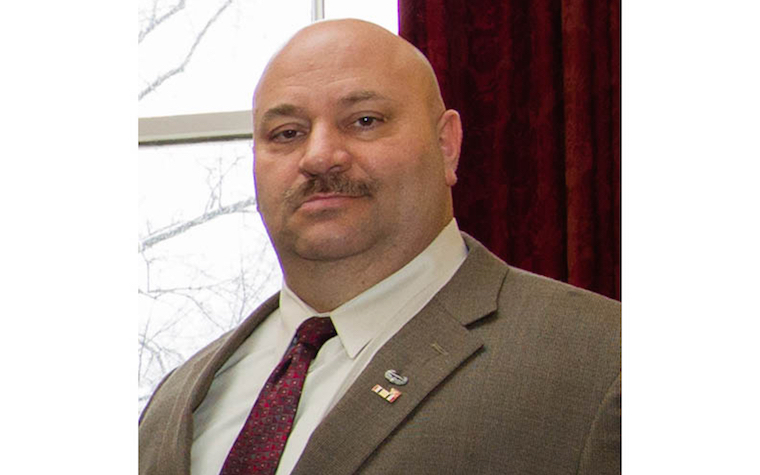Vets 4 Energy, U.S. military veterans who advocate for energy policies to sustain the country's national security, next week will talk to Congress about the importance of the U.S. becoming energy independent.
Retired Marine Sgt. Maj. Paul Chevalier, the organization’s State Director in New Hampshire, said discussions with elected officials will include talking about what energy independence means for national security and job creation.
“I am always interested in the effect on national security, and I think most of the veterans I know have a concern with the relationship between us being energy independent and national security,” Chevalier, who served 31 years in the U.S. Marine Corps with three tours in Vietnam. said. “As long as we have to rely on anybody in the Middle East for any energy, that is a risk as far as I am [concerned].”
This is part of what Vets 4 Energy will discuss with Congress, specifically around offshore production access. Chevalier said the United States has to take advantage of energy resources off of its own shores in order to increase energy security, which, the organization notes, is part of protecting national security.
“Obviously I think the offshore oil production just builds up our energy independence and just gives us more, Chevalier said. "You know what? If we ever get to the point where we don’t need all of the oil we have, we would be successful. We back all forms of energy. We push for all types of renewable energy and that is fine, but none of it is really working right now. So we need to make the most out of the available oil and natural gas.”
Offshore oil production is one way to strengthen the nation’s energy independence, but the ban on crude oil exports is another issue. Lifting the ban on crude oil exports would strengthen the U.S. economy by creating hundreds of thousands of jobs. Those jobs could benefit men and women who are leaving the military, Chevalier said.
“There are a million veterans getting out of the service every day, more now than before, who have full training and can take over those heavy equipment jobs and everything else, and already be trained and know how to work," he said. "This is exactly the right place for them to go and fill in. So that is a big thing in our favor, and we are pushing along [those] lines."
He also would like to see discussion occur around the Keystone XL (KXL) Pipeline, which is a topic the group has spoken with elected officials about previously. In 2014, a delegation spoke to Senate Democrats about the issue.
“I hope we can talk with whoever we can get to sit down with there into pushing the KXL Pipeline," Chevalier said. "First the Democrats were holding this whole thing back because they were saying it wasn’t safe and it was going to hurt the environment. And then they had five studies I believe now...The State Department sponsored the studies, and the results of their studies say no significant impact can be found on the environment from the KXL Pipeline. I think we need to talk to those that could possibly be switched into getting this done or at least put the pressure on the president into signing the KXL Pipeline [agreement].”


 Alerts Sign-up
Alerts Sign-up